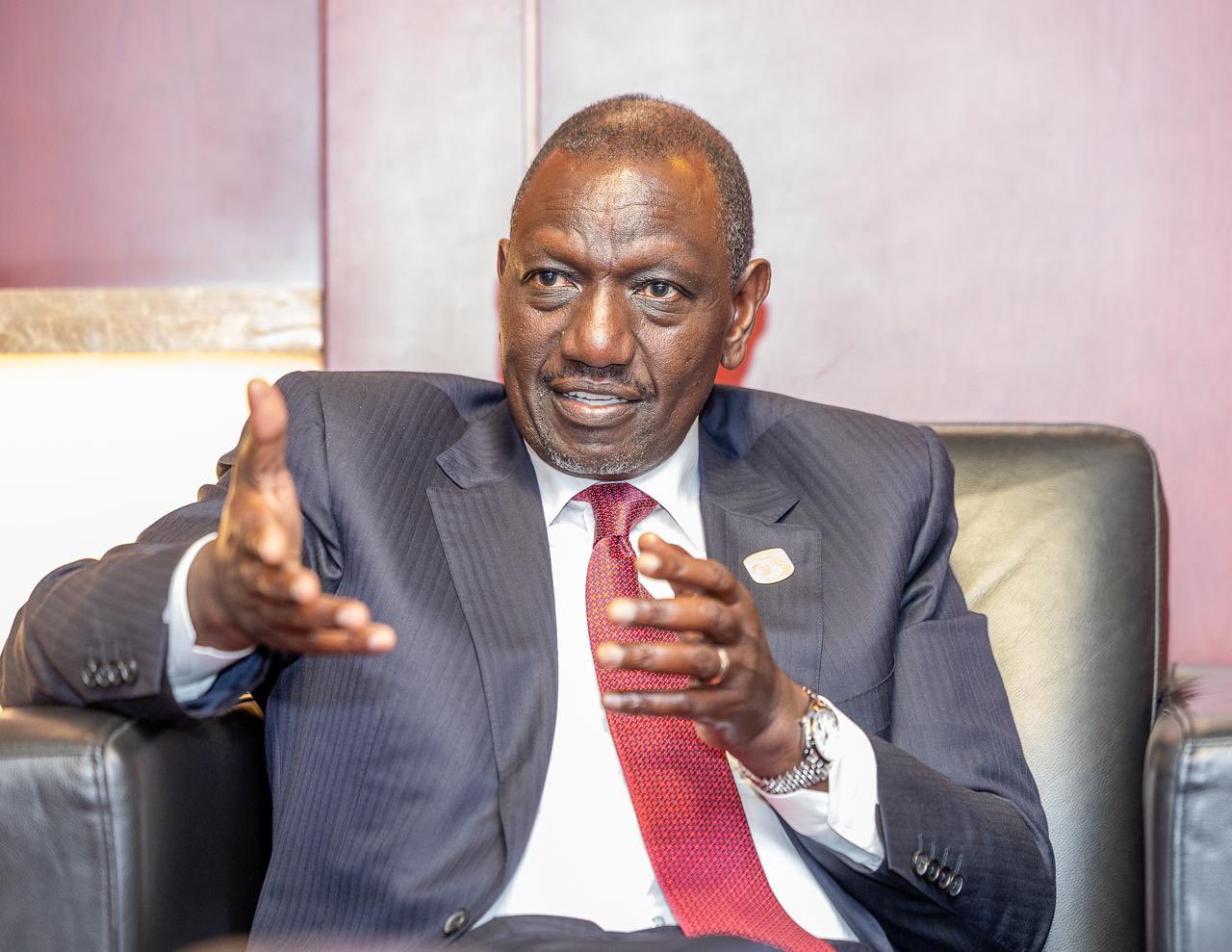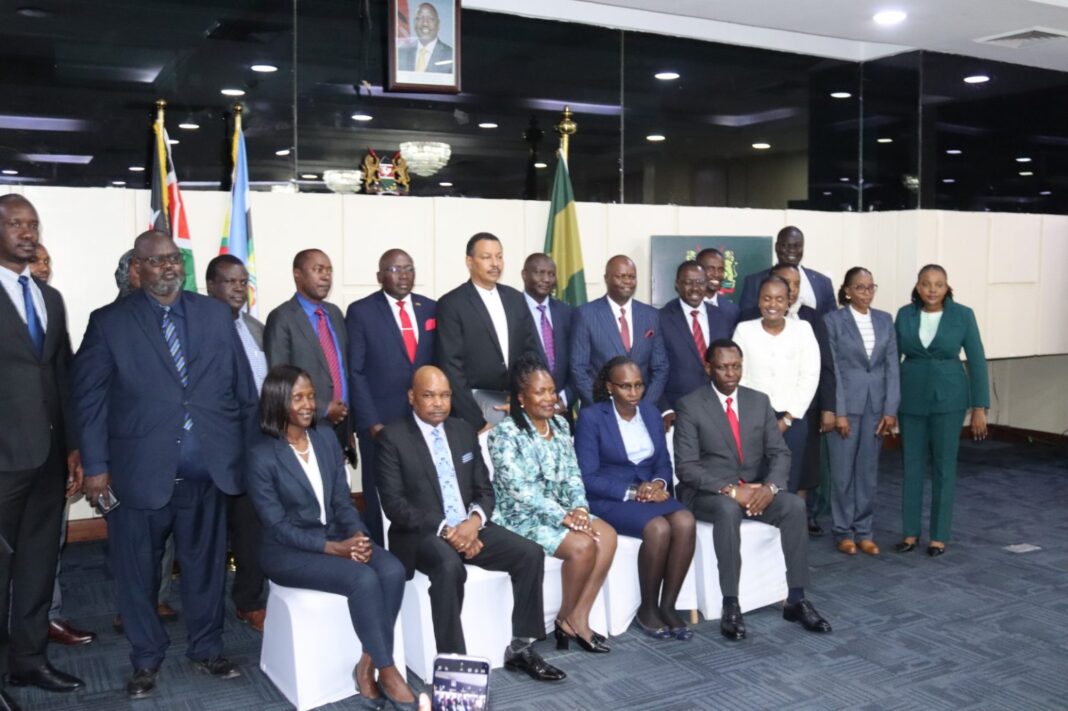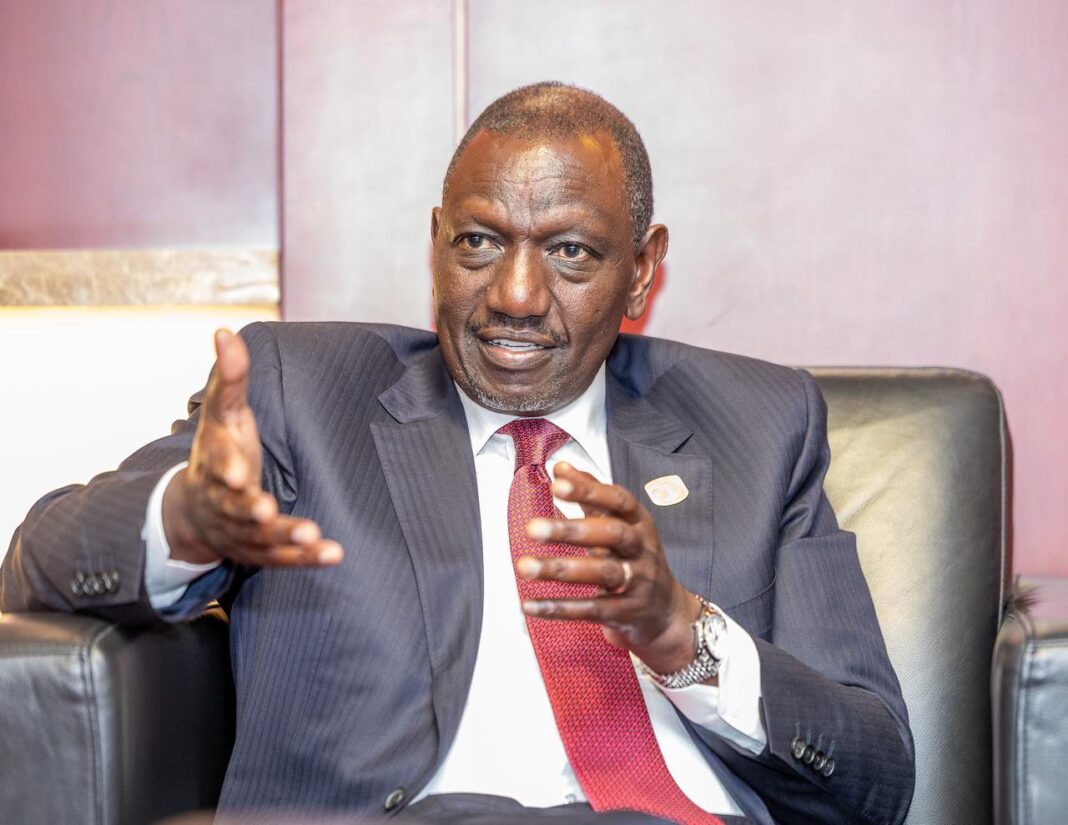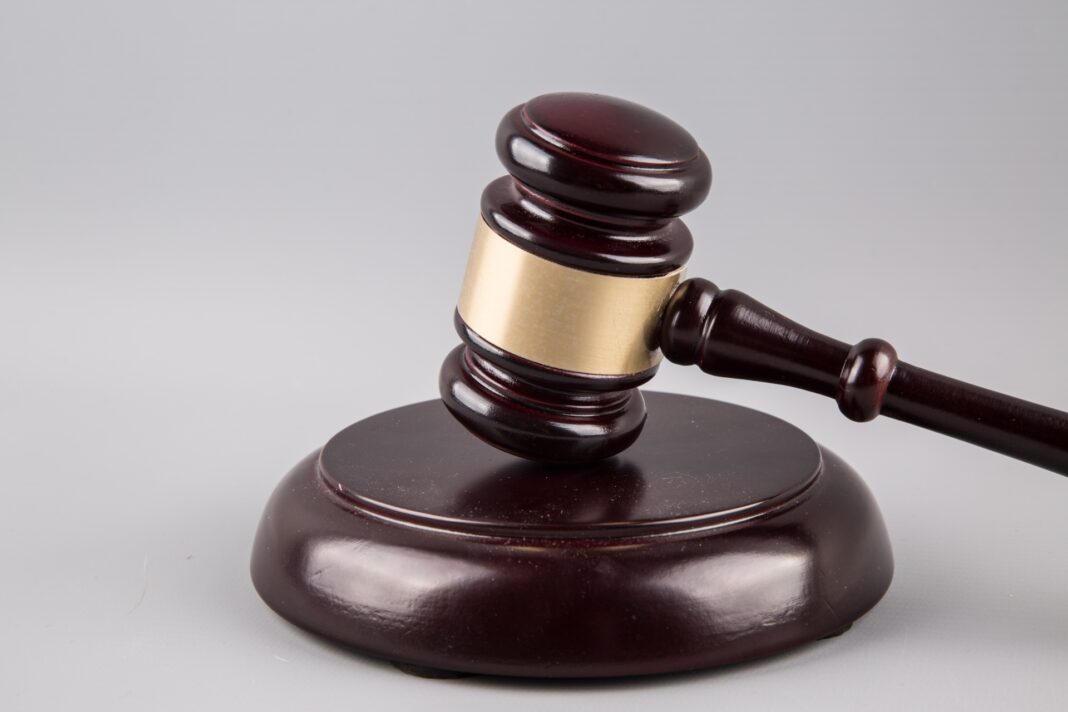The High Court has stopped President William Ruto’s controversial Panel of Experts on Compensation of Victims of Demonstrations and Public Protests. Justice Kizito Magare issued conservatory orders halting the panel’s mandate after lawyer Levi Munyeri challenged its legality.
The move temporarily suspends Gazette Notice No. 12002, which formally created the body. The ruling has ignited fresh political heat, with the Law Society of Kenya (LSK) President Faith Odhiambo’s role in the panel drawing sharp criticism. The case now sets the stage for a fierce constitutional battle.

Court Issues Conservatory Orders Against Protest Victims’ Compensation Panel
On Monday, Justice Magare ruled that the panel cannot begin its work until the petition is fully heard and determined. He suspended both the Gazette Notice and the presidential proclamation that had empowered the body to design a framework for reparations.
The court further restrained government agencies, including the State Law Office and Interior Ministry, from implementing any directives related to the panel. Respondents have been given three days to respond, with the case scheduled for directions on October 6, 2025.
This ruling dealt a direct blow to President Ruto, who had unveiled the 15-member panel in August. The body was chaired by his constitutional advisor, Professor Makau Mutua, and co-chaired by LSK President Faith Odhiambo. Their mandate was to recommend reparations for victims of police brutality, property damage, and injuries from demonstrations.
Faith Odhiambo Under Fire Over Role in Panel
The decision has reignited political and professional divisions within the Law Society of Kenya. Critics argue that Odhiambo’s involvement compromises her independence and undermines the society’s role in defending constitutionalism.
Petitioner Levi Munyeri has already demanded Odhiambo’s resignation, threatening to file a motion for her removal if she refuses to step down. He insists that serving on what he calls an “unconstitutional panel” contradicts her position as LSK President.
Odhiambo, however, has dismissed the accusations. During the swearing-in ceremony, she defended her decision, saying her role was driven by the need to uphold justice and ensure victims of protests are not ignored. She accused critics of politicising a noble cause.
Despite her defence, dissent is growing within the legal fraternity. Some senior advocates warn that the panel risks usurping the functions of the Kenya National Commission on Human Rights (KNCHR), which is already constitutionally mandated to handle such matters.
Political Fallout and Constitutional Implications
The court’s decision is more than a procedural setback—it strikes at the heart of President Ruto’s political messaging. By suspending the panel, the judiciary has indirectly questioned the constitutionality of his governance style.
Opposition leaders have seized on the ruling, accusing Ruto of using populist moves to divert attention from the state’s failures in handling protests. They argue that the panel was a smokescreen designed to neutralise public anger while bypassing existing institutions.
Constitutional experts also point to a larger concern—the executive’s tendency to create ad hoc bodies that duplicate functions already assigned to independent commissions. If the petition succeeds, it may set a precedent limiting presidential discretion in forming panels outside constitutional boundaries.
The suspension has also fuelled political tensions within government ranks. While Ruto’s allies insist the panel was necessary to heal divisions after months of deadly protests, critics say it undermined accountability by shifting attention away from police officers accused of brutality.
Conclusion
The High Court’s orders against the Protest Victims’ Compensation Panel have opened a new front in Kenya’s governance battles. What began as a promise of reparations for victims has now spiralled into a test of constitutional limits, judicial independence, and political loyalty.
As the case heads for a full hearing in October, the country waits to see whether the judiciary will clip the president’s wings or allow his controversial panel to proceed.


